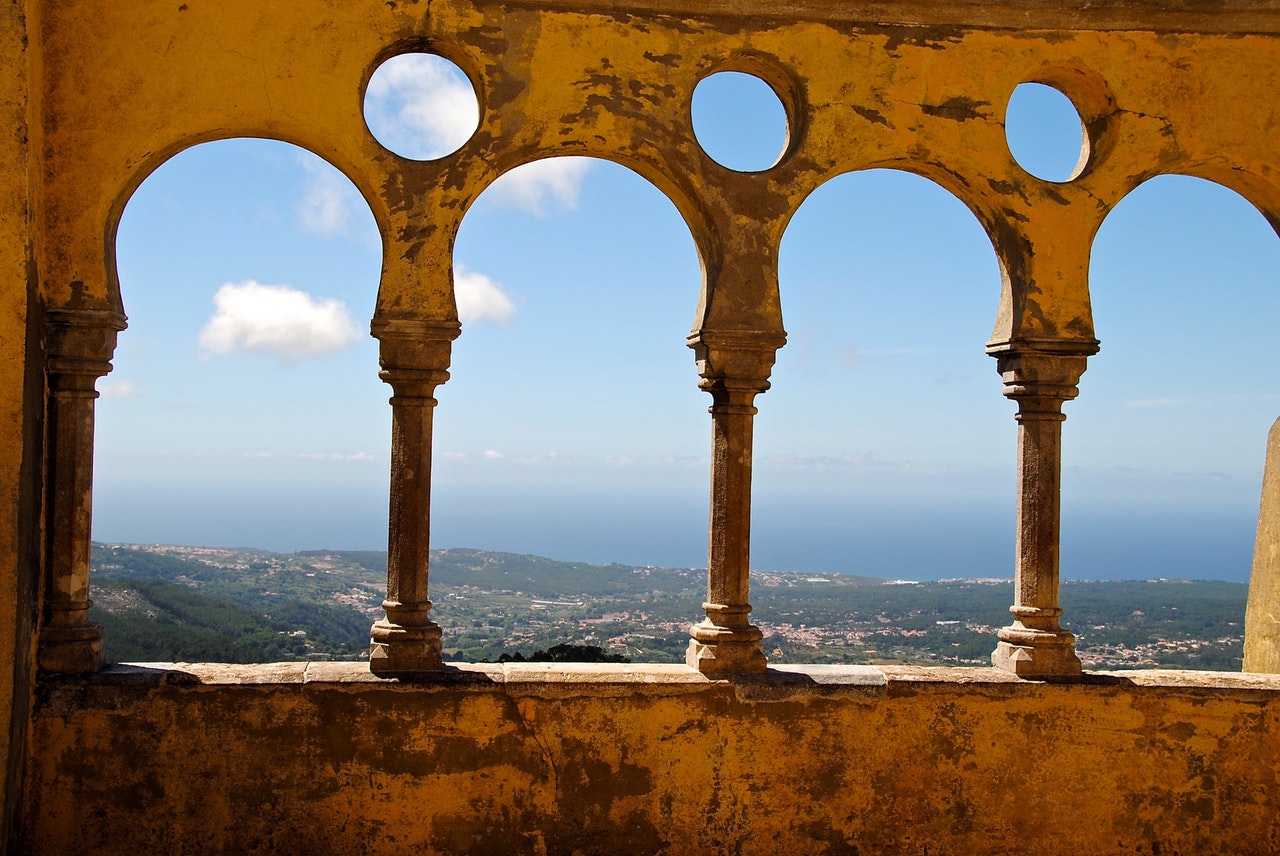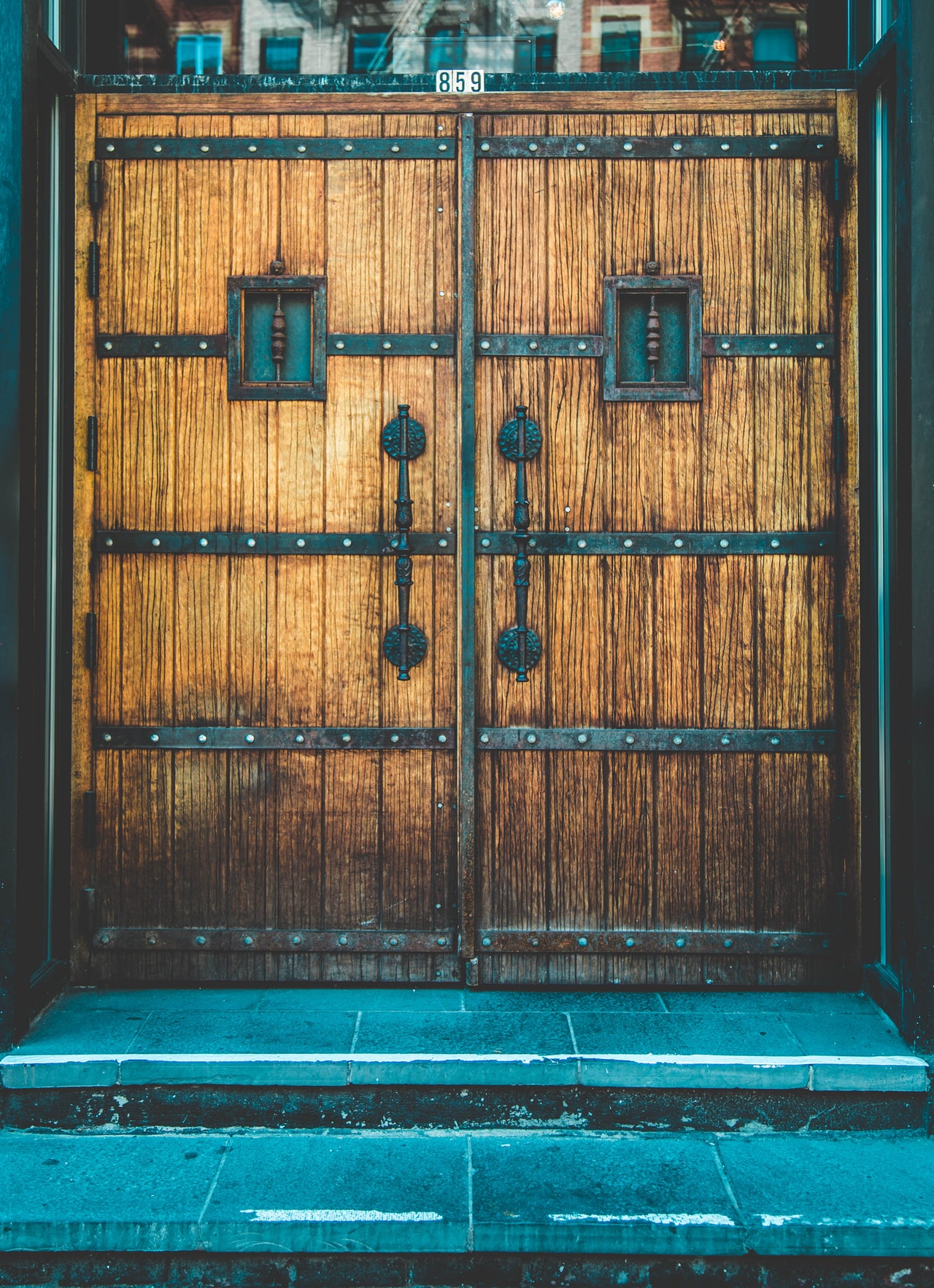
Selling or Buying a Castle via Auction
Is an Auction the best way to sell a Castle?
With increasing numbers of unique and luxury homes going to auction, is this the right sales method for a castle or chateau?
If you're considering the purchase of a castle yet haven't decided on a specific property, you might have come to the conclusion that you are relatively location-flexible i.e. the property type (a castle) is your main priority and the exact location isn't as significant a factor in your decision-making process as it might be for someone looking to buy a 'normal' home. Yes, you may have decided on a country, and maybe even a region in that country, however you also realise the need to be pragmatic about the location element of your search as the number of castles available to purchase in each area is relatively low.
With this location-flexibility in mind, you might be one of the fortunate individuals to purchase a castle via auction. Perhaps you will have come across a castle going to auction on Castleist and it's captured your imagination. Maybe the guide price is particularly enticing or it's a medieval moated gem, the likes of which do not come up for sale too often. Either way, you now find yourself deciding to try and buy a castle via auction.
This is an increasingly likely possibility, particularly as sellers are realising the power of selling their rare and unique asset via auction – much as the art, antiques and classic car markets have done for some time. The power of the internet combined with the sale of a rare asset has the potential to offer outcomes which in turn can be beneficial both for sellers and buyers. (CONTINUED BELOW)

For sellers, although in the past a property auction has often been associated with distressed sales, forced sales, bank-owned properties etc, there is an increasing trend in the luxury property market for owners to choose an auction method for disposing of their property.
As many properties in the 'luxury' sector are discretionary purchases, i.e. the buyer is buying out of'want' (a second home, a lifestyle choice, an upgrade from one luxury home to another) rather than 'need', there can often be a lack of urgency in committing a buyer to a decision or even in closing the deal once terms and price have been agreed. An auction gives the seller relative certainty (depending on how realistic their chosen minimum bid price is) that they will be disposing of a property on a specific date.
Although castles are very rare pieces of real estate, they are also particularly 'discretionary' (nobody 'needs' to buy a castle) and so as with other unique property purchases, it might be difficult getting a buyer to make that final decision to commit – something which is obviously drawn in to sharp focus by an auction. An auction, given the global marketing opportunities offered by the internet, means that serious interested parties from all over the world can be gathered at one point in time to bid for the property. With a concerted marketing effort, the competitive nature of bidding at auction (especially for a one-off 'trophy' asset such as a castle) can lead to enhanced selling prices for owners.
Although we do not expect auctions to become the default sales method for sellers of castles, the global nature of the castle buyer (with castles and chateau regularly purchased by citizens of the USA, Germany, France, Italy, Scandinavia, the UK, Russia and increasingly China) means that the auction is an increasingly attractive method for bringing together a geographically dispersed group of interested parties for a once in a lifetime, property-buying opportunity.
At Castleist.com we will list every castle, chateau and medieval tower going to auction worldwide and if you'd like to be included in our auction notifications mailing list, then please submit your details here.
